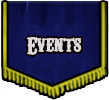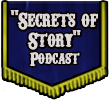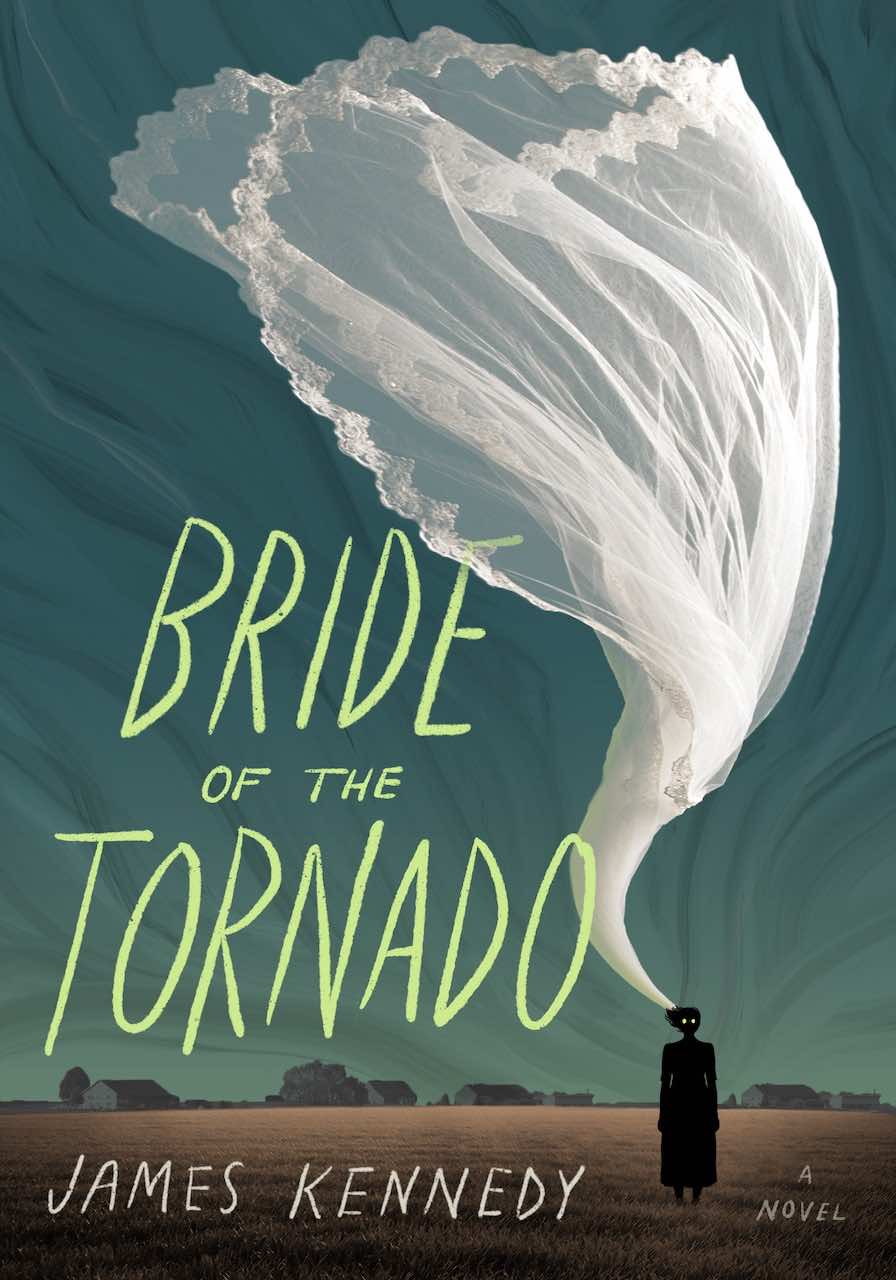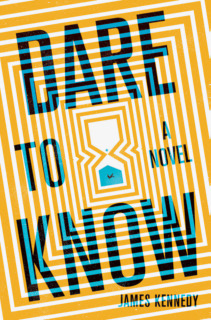Secrets of Story Episodes 26 and 27: Special guest Lou Anders on Character and Plot
June 14, 2021
« Secrets of Story Episode 28: Does The Order of Odd-Fish Follow Matt Bird’s Rules? Secrets of Story Episode 29: When Do You Write For Yourself? When For The Story? And When For The Audience? (with guest Jonathan Auxier) »
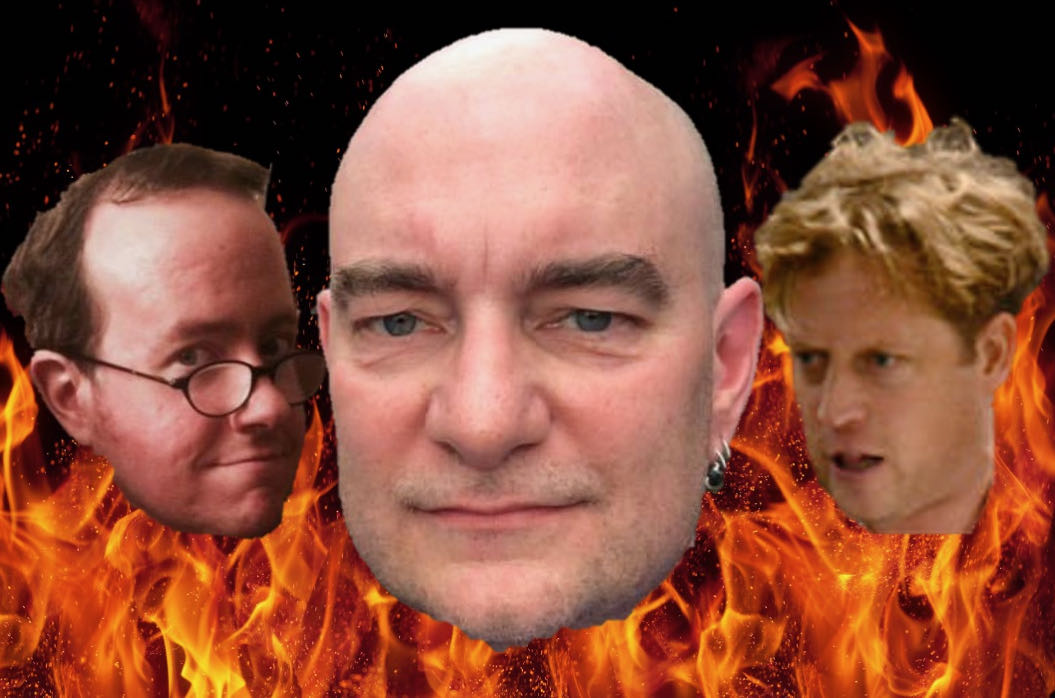
|
I’m in the news! Austin Gilkeson interviewed me for the Japanese Consulate’s E-Japan Journal about how my time in the Japan Exchange and Teaching Program (JET) inspired me for The Order of Odd-Fish and Dare To Know, as well as my other experiences in Japan. Read it here.
Okay, I know I’m posting these podcast episodes a little out of order, but roll with me here. Matt and I had author Lou Anders on our Secrets of Story podcast in a big two-parter to talk about his own systems and insights into storytelling. We meant for there to be only one episode, but Lou had so many smart points to make, we brought him back for two episodes!
Lou is the author of the Thrones and Bones trilogy, Once Upon a Unicorn, and Star Wars: Flight of the Falcon. In episode 26, he dropped by our podcast to offer his own system of how to polarize characters.
Now, over on his blog, Matt has come up with his own system that broadly classifies characters as head, heart or gut (or permutations thereof). In Lou’s alternative system, he separates characters into four pairs: protagonist / antagonist, mentor / bad example, true believer / skeptic, and thinker / feeler. He illustrates with examples from Star Wars, Big Hero Six, and Avengers, and we test out his theories on Harry Potter and Raiders of the Lost Ark.
Can Lou’s character archetypes help you? I think there’s a quite a bit of truth in it. Lou is a smart guy and is certainly worth listening to:
For reference, here are Lou’s eight archetypes and how they shake out in different examples:
| Who? | What do they do? | In Star Wars | In Harry Potter |
|---|---|---|---|
| Protagonist or Hero | Main character, who has a goal to achieve and something to learn. | Luke Skywalker | Harry Potter |
| Antagonist | Places obstacles in protagonist’s path. | Grand Moff Tarkin | Voldemort |
| Mentor | Relationship/”window” character with something to teach. | Obi-Wan Kenobi | Dumbledore |
| Bad Example | Tries to pull our hero onto the wrong path or illustrates the wrong path. | Darth Vader | Draco Malfoy |
| True Believer | Has unshakeable faith in the hero / the mission. | R2-D2 | Hagrid |
| Doubter | Challenges the hero’s methods (could be for various reasons: cowardice, spite, skepticism, etc.) | C3-P0 | Snape |
| Thinker | Reflects on the hero’s course of action before taking action of their own. The idea person. | Princess Leia | Hermione Granger |
| Feeler | Always shoots first and rushes in where angels fear to tread. The action person. | Han Solo | Ron Weasley (?) |
You can join the lively discussion about this episode in the comments section of Matt’s post about this episode.
But Lou’s not done with us yet! Matt and I have him back for the next episode, Episode 27, in which Lou explains how, in many stories, the hero passes through four stages: Orphan, Wanderer, Warrior, and Martyr. Will Matt and I buy it?
Bonus: Lou tells a great ghost story about when he was living at James Thurber’s old house as an artist-in-residence!
Follow and participate in the discussion about this episode in Matt’s post. In this discussion, it comes out that I don’t really like the term “Martyr” for the last quarter of the story. A commenter suggests “Mensch” instead, which I vastly prefer.
For reference, here’s how Lou’s system breaks down:
| Stage | What happens? | In Star Wars | In Harry Potter |
|---|---|---|---|
| Orphan | Literally or figuratively, our protagonist is out of touch with love, friends, family—either by circumstances or by choice. | Luke’s an orphan who lives with his just-okay aunt and uncle. Then his aunt and uncle are killed, his home destroyed! Double orphan! | Harry’s an orphan who lives with his dreadful aunt and uncle (under the stairs, kept out of sight) |
| Wanderer | Our hero has now entered a world of adventure. He/she wanders, looking for clues, meeting mentors and helpers, and overcoming obstacles. | Luke leaves his home planet, books a trip to a missing planet, runs around the Death Star. | Harry goes to Diagon Alley and Hogwarts, learning magic, making friends. |
| Warrior | Having gathered most (if not all) of his/her helpers and found most (if not all) of the clues, it is time to act. Our hero now actively goes on the offensive. He/she fights—not always successfully—to achieve his/ her goal. | We have to rescue the princess! | We have to stop Voldemort! |
| Martyr (or Mensch) | In order to win, our hero has to be willing to die—and not be reborn—for the greater good. This is also the point at which the hero must confront that which is wrong about himself/herself and let it go. | Luke flies his spaceship on what seems like a suicide mission and even shuts down his tactical computer at the crucial moment. | Harry faces Voldemort (through Quirrell) alone at the end. |
What do you think? Lou’s insights might not apply to every single story, but I can think of many, many stories that do fit his theories. I’d be eager to have Lou on the podcast again sometime. I like his analytical way of thinking through the nuts and bolts of storytelling, which of course is what Matt’s and my podcast is all about!



